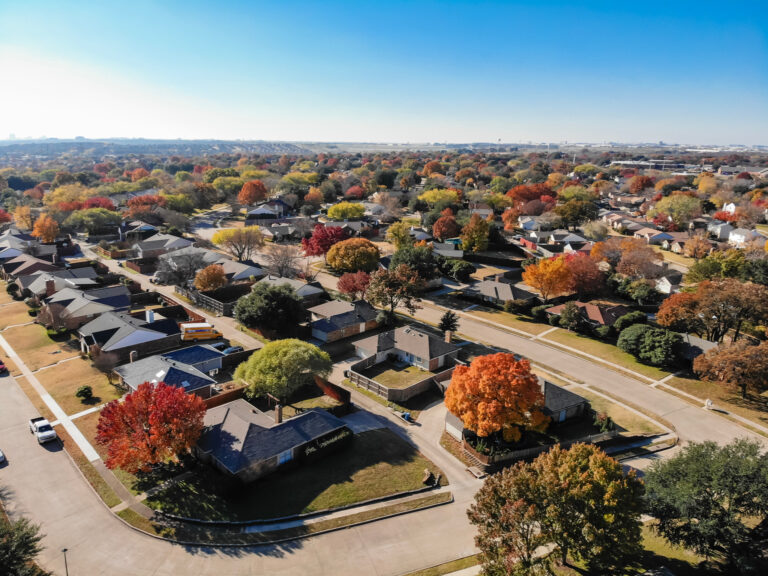
Introduction: The right of use is a fundamental concept in real estate law that governs the ability of property owners to utilize and enjoy their properties. Understanding this right is essential for property owners, tenants, and anyone involved in real estate transactions. In this blog post, we’ll explore the meaning of the right of use, its implications, and how it can affect property ownership and usage.
What is the Right of Use? The right of use, also known as the right of enjoyment, is the legal right granted to property owners to utilize and enjoy their properties by applicable laws and regulations. It encompasses various activities and privileges associated with property ownership, including the right to occupy, use, and access the property, as well as the right to exclude others from interfering with these rights.
Implications of the Right of Use:
- Occupancy Rights: The right of use allows property owners to occupy and reside on their properties, whether they be residential dwellings, commercial spaces, or vacant land.
- Usage Rights: Property owners can use their properties for various purposes, such as residential, commercial, agricultural, recreational, or industrial activities, depending on zoning regulations and other legal restrictions.
- Access Rights: Property owners can access their properties and use any easements or rights-of-way necessary for ingress and egress.
- Exclusionary Rights: Subject to certain legal limitations, property owners can prevent others from trespassing on their properties or interfering with their use and enjoyment.
Factors Affecting the Right of Use:
- Zoning Regulations: Local zoning laws and regulations dictate how properties can be used and developed within specific areas, influencing the scope of the right of use.
- Deed Restrictions: Property deeds may contain restrictions or covenants that limit specific uses or activities on the property, such as architectural requirements or prohibitions on certain businesses.
- Easements: Easements grant specific rights to individuals or entities to use or access portions of a property for particular purposes, such as utilities, roadways, or pedestrian access.
- Homeowners Associations (HOAs): Properties located within HOAs may be subject to additional rules and regulations governing property usage and maintenance, which affect homeowners’ rights of use.
Legal Protections of the Right of Use: The right of use is protected by various legal principles and statutes, including:
- Constitutional Protections: The right of use is often considered a fundamental property right protected by state and federal constitutions.
- Property Laws: Property laws and statutes govern the rights and responsibilities of property owners, tenants, and other parties involved in real estate transactions.
- Civil Remedies: Property owners have legal recourse through civil lawsuits for violations of their right of use, such as trespass, nuisance, or interference with property rights.
Conclusion: The right of use is a fundamental aspect of property ownership that grants owners the ability to utilize and enjoy their properties according to their needs and preferences. Understanding the implications and legal protections of the right of use is essential for ensuring property rights are upheld and respected in real estate transactions.











































